Filter by
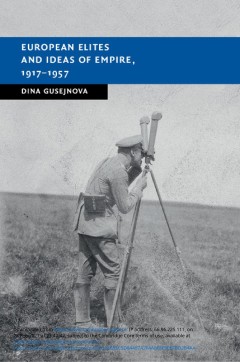
European elites and ideas of empire, 1917-1957
Who thought of Europe as a community before its economic integration in 1957? Dina Gusejnova illustrates how a supranational European mentality was forged from depleted imperial identities. In the revolutions of 1917 to 1920, the power of the Hohenzollern, Habsburg and Romanoff dynasties over their subjects expired. Even though Germany lost its credit as a world power twice in that century, in …
- Edition
- -
- ISBN/ISSN
- 9781316343050
- Collation
- xlviii, 344p. : ill.
- Series Title
- -
- Call Number
- 325.309409041 GUS e
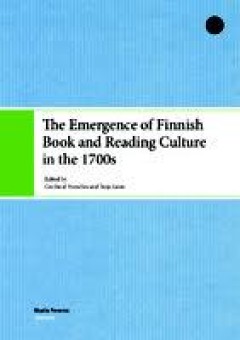
The emergence of Finnish book and reading culture in the 1700s
Book culture has emerged as an extremely dynamic and border-crossing field of research, internationally and in Finland. The editors and most of the writers of this book were members of the organizing and program committees of the 18th Annual Conference of the Society for the History of Authorship, Reading and Publishing (SHARP), Book Culture from Below, that took place in Helsinki in 2010. This…
- Edition
- -
- ISBN/ISSN
- 9789522227805
- Collation
- -
- Series Title
- -
- Call Number
- 070.9 EME e
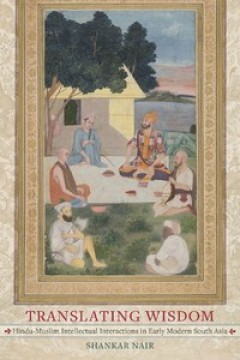
Translating wisdom : Hindu-Muslim intellectual interactions in early modern S…
A free open access ebook is available upon publication. Learn more at www.luminosoa.org. During the height of Muslim power in Mughal South Asia, Hindu and Muslim scholars worked collaboratively to translate a large body of Hindu Sanskrit texts into the Persian language. Translating Wisdom reconstructs the intellectual processes and exchanges that underlay these translations. Using as a case …
- Edition
- -
- ISBN/ISSN
- 9780520975750
- Collation
- XVI, 260 p.
- Series Title
- -
- Call Number
- 294.51570954 NAI t
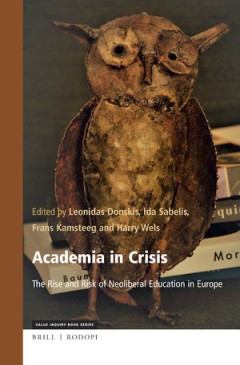
Academia in crisis : the rise and risk of neoliberal education in Europe
Academia is standing at a junction in time. Behind lies the community of the curious, ahead the mass and the market. This book joins in a growing stream of works that explore the vicissitudes of present-day European universities in what Bauman coined as liquid times. Here, a number of concerned (engaged) European scholars attempt to defend and brush up academic core values and practices, starti…
- Edition
- -
- ISBN/ISSN
- 9789004402034
- Collation
- ix, 201p. : ill.
- Series Title
- -
- Call Number
- 378.4 ACA a
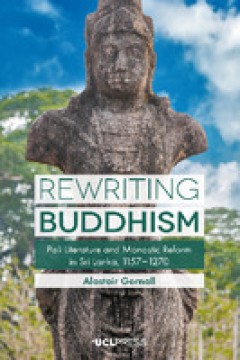
Rewriting Buddhism : Pali literature and monastic reform in Sri Lanka, 1157-1270
Rewriting Buddhism is the first intellectual history of premodern Sri Lanka’s most culturally productive period. This era of reform (1157–1270) shaped the nature of Theravada Buddhism both in Sri Lanka and also Southeast Asia and even today continues to define monastic intellectual life in the region. Alastair Gornall argues that the long century’s literary productivity was not born of po…
- Edition
- -
- ISBN/ISSN
- 9781787355156
- Collation
- XIII, 269 p.
- Series Title
- -
- Call Number
- 891.37099549309021 GOM r
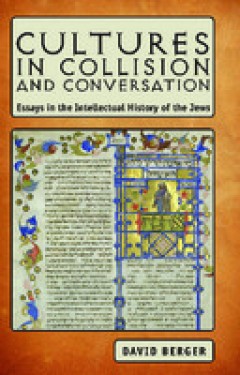
Cultures in Collision and Conversation : Essays in the Intellectual History o…
In Cultures in Collision and Conversation, David Berger addresses three broad themes in Jewish intellectual history: Jewish approaches to cultures external to Judaism and the controversies triggered by this issue in medieval and modern times; the impact of Christian challenges and differing philosophical orientations on Jewish interpretation of the Bible; and Messianic visions, movements, and d…
- Edition
- -
- ISBN/ISSN
- 9781618117915
- Collation
- XIII, 367 p.
- Series Title
- Judaism and Jewish Life
- Call Number
- 296.39 BER c
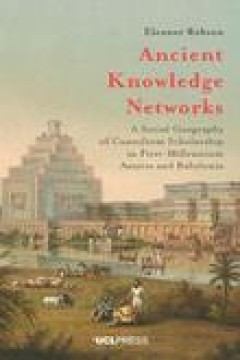
Ancient knowledge networks : a social geography of cuneiform scholarship in f…
Ancient Knowledge Networks is a book about how knowledge travels, in minds and bodies as well as in writings. It explores the forms knowledge takes and the meanings it accrues, and how these meanings are shaped by the peoples who use it. Addressing the relationships between political power, family ties, religious commitments and literate scholarship in the ancient Middle East of the first m…
- Edition
- -
- ISBN/ISSN
- 9781787355941
- Collation
- XXIII, 314 p.
- Series Title
- -
- Call Number
- 935 ROB a
 Computer Science, Information & General Works
Computer Science, Information & General Works  Philosophy & Psychology
Philosophy & Psychology  Religion
Religion  Social Sciences
Social Sciences  Language
Language  Pure Science
Pure Science  Applied Sciences
Applied Sciences  Art & Recreation
Art & Recreation  Literature
Literature  History & Geography
History & Geography